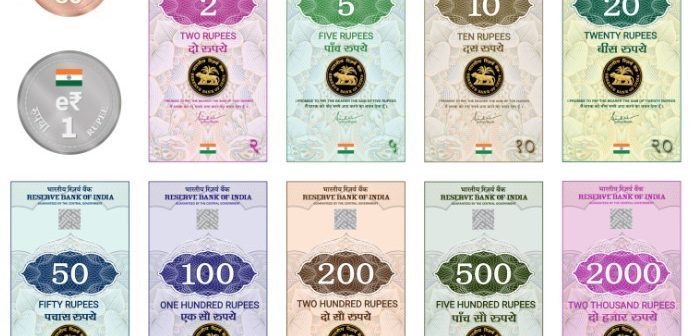India is on the cusp of a financial revolution with the introduction of the Digital Rupee (e₹). This Central Bank Digital Currency (CBDC) promises to transform how Indians transact, offering a secure, efficient, and inclusive alternative to physical cash. While some may be hesitant to embrace this new system, the potential benefits for individuals, businesses, and the nation as a whole are undeniable.
Financial Inclusion for All
One of the most significant advantages of the e₹ is its ability to promote financial inclusion. Millions of Indians, particularly those residing in rural areas, lack access to traditional banking services. The e₹, however, can be accessed through mobile wallets, eliminating the need for a bank account. This opens doors for unbanked individuals to participate in the formal financial system, enabling them to receive government benefits, make payments, and save for the future. A study by the World Bank [Insert Link to World Bank study on financial inclusion] suggests that increased financial inclusion can lead to poverty reduction and economic growth.
Boosting Efficiency and Security
Cash transactions are often time-consuming and prone to errors. The e₹, however, operates on a digital ledger, facilitating instant and secure settlements. This can significantly improve efficiency in areas like business-to-business transactions and government payments. According to a report by the International Monetary Fund (IMF) [Insert Link to IMF report on CBDCs], CBDCs can potentially reduce transaction costs by up to 80%. Additionally, the e₹ eliminates the risk of theft or loss associated with physical cash. Blockchain technology, which underpins many CBDCs, offers an additional layer of security by ensuring tamper-proof transaction records.
Combating Counterfeiting and Black Money
India has a significant problem with counterfeit currency. The e₹, being a digital token, is virtually impossible to counterfeit, ensuring the integrity of the financial system. Furthermore, the digital nature of the e₹ allows for greater transparency in transactions, making it more difficult to engage in money laundering and other illegal activities. A 2016 study by Assocham (Associated Chambers of Commerce and Industry of India) [Insert Link to Assocham study on black money] estimated that black money circulation in India could be as high as 20% of GDP. The e₹ has the potential to significantly reduce this figure, contributing to a healthier and more transparent economy.
Empowering Businesses and Consumers
The e₹ presents exciting opportunities for businesses and consumers alike. Businesses can benefit from faster settlements, reduced transaction costs, and improved cash flow management. Consumers can enjoy the convenience of secure and instant payments for online and offline purchases. Additionally, the potential for programmable money with the e₹ allows for targeted subsidies and automated payments, further streamlining financial transactions.
Addressing Concerns and Building Trust
While the e₹ offers numerous benefits, some concerns exist. One concern is the potential for government surveillance over financial transactions. The Reserve Bank of India (RBI) has assured that the e₹ will be designed with privacy considerations in mind. Another concern is the potential disruption for those unfamiliar with digital technologies. Here, the government and financial institutions must play a crucial role in educating the public and ensuring digital literacy.
A Gradual Transition and a Brighter Future
The rollout of the e₹ will likely be gradual, allowing time for infrastructure development and public education. The pilot project launched in November 2022 [Insert Link to RBI press release on e₹ pilot project] for wholesale transactions is a positive step in this direction. As the system matures and its benefits become evident, trust and adoption are expected to grow.
Conclusion
The Digital Rupee represents a significant leap forward for India’s financial landscape. By embracing this new technology, India can create a more inclusive, efficient, and secure financial system that empowers individuals, businesses, and the nation as a whole. While challenges exist, they can be overcome through careful planning, public education, and a commitment to building trust. The future of Indian finance is digital, and the e₹ holds the key to unlocking a brighter and more prosperous tomorrow.





